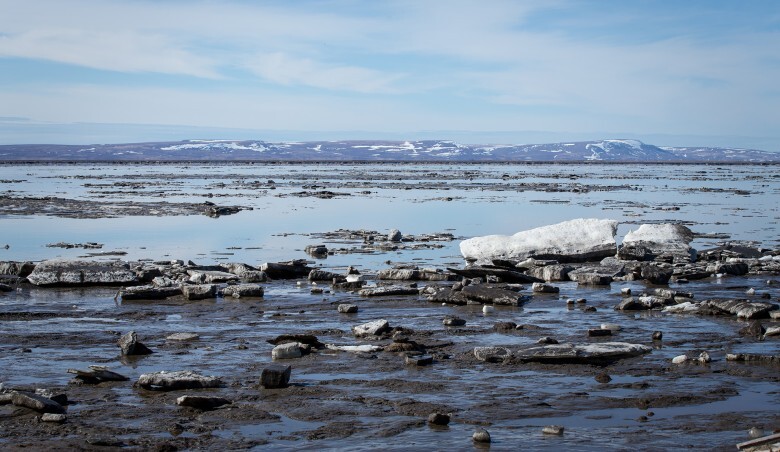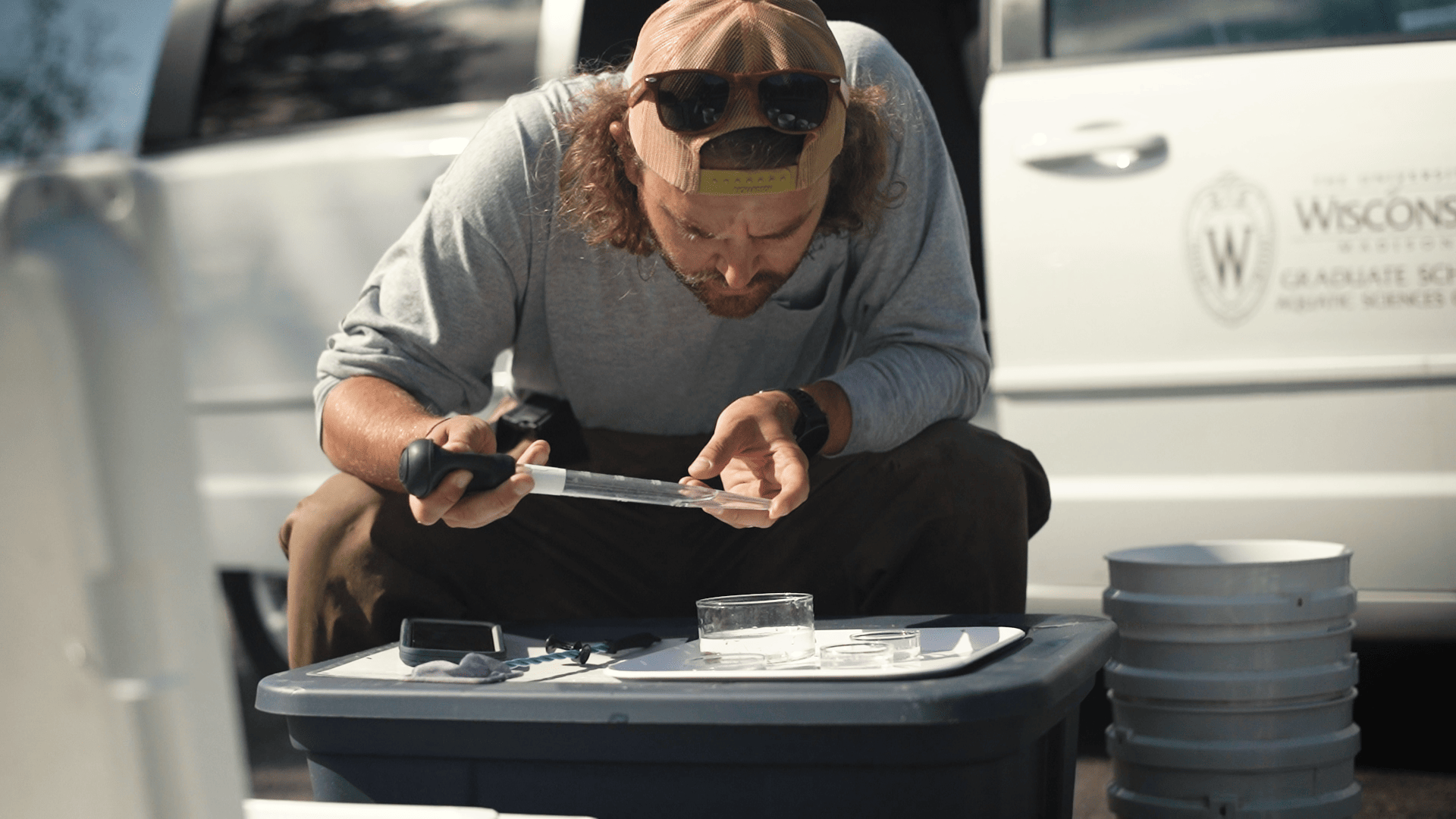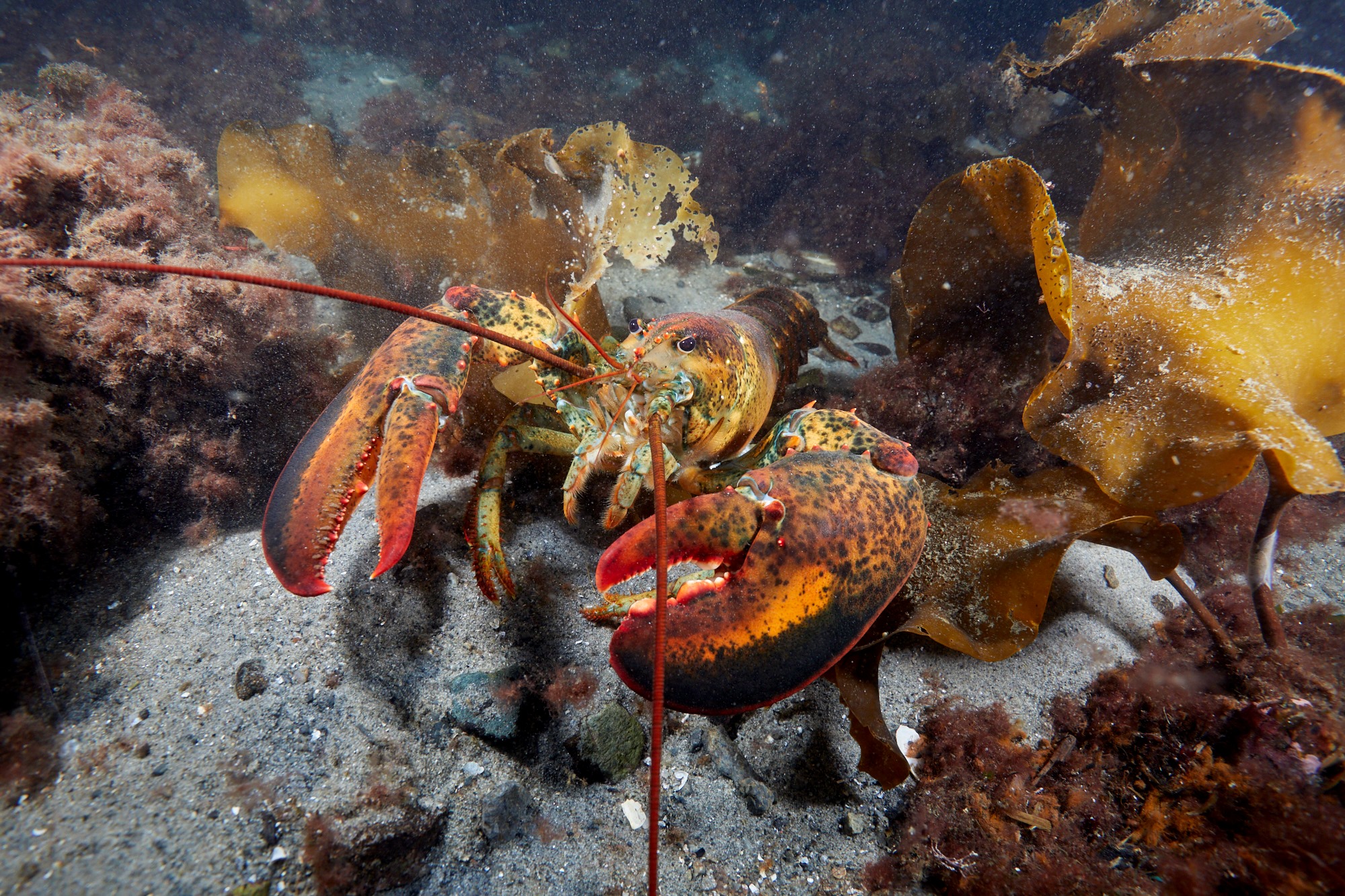By Susannah Sheldon, South Carolina Sea Grant Consortium
Edited and compiled by Joey Holleman and Susan Ferris Hill, South Carolina Sea Grant Consortium
Training graduate students to perform research and to translate that work to real world applications is a complex process. Recognizing the need for the balance of science and outreach in graduate education, the South Carolina Sea Grant Consortium recently piloted the Coastal Research and Extension Study Group format. This model for research brings university scientists, graduate students and Sea Grant extension specialists together as a team.
The scientists provide research oversight, and the extension specialists serve as mentors on developing effective outreach products. The graduate students gain experience conducting independent research and translating the research into messages and products for non-scientific audiences. For example, a blueways-greenways Study Group project came up with base maps, brochures and an interactive app providing guidance for communities interested in those amenities. During a 2015 site visit, National Sea Grant Site Review Team identified the Consortium’s Study Group format as a best management practice.
In addition to the blueways-greenways work, the first set of Study Group teams examined the status of the blue crab fishery, tested new signage about rip current safety, explored perceptions of climate change in coastal communities, and identified the range of attitudes regarding the current and future value of traditional working waterfronts.
Jon-Erik Taylor, a marine science master’s student at Coastal Carolina University, studied methods of educating the public, and especially tourists, about rip current safety. Taylor’s research found few people used QR codes linked to National Weather Service warnings on rip current safety signs, but anecdotal evidence indicated rip current warnings on hotel television channels could be effective.
“The integrated format used for our study group was very beneficial in that it infused our project with individuals who possessed very different backgrounds and experiences,” Taylor said. “This was critical in the creation and implementation of ideas that saw this project through to completion.”
The Study Group students represent one small segment of the Consortium’s graduate education program, which ranges from internships and fellowships to graduate assistant positions on Sea Grant-funded research projects. The Consortium nominates candidates for the National Sea Grant College Program’s Dean John A. Knauss Marine Policy Fellowship and the National Oceanic and Atmospheric Administration’s (NOAA) Coastal Management Fellowship. Also, the Kathryn D. Sullivan Earth and Marine Science Fellowship is supported jointly by South Carolina Sea Grant Consortium and the South Carolina Space Grant Consortium and seeks to increase the number of highly trained earth and marine scientists. It provides an opportunity for graduate students to conduct research relevant to the National Aeronautics and Space Administration and NOAA.
In total, the Consortium in 2016 is supporting 42 master’s and 10 doctoral students working on various projects that advance science while boosting the graduate students’ careers. Students working on those projects often move on to related jobs.


